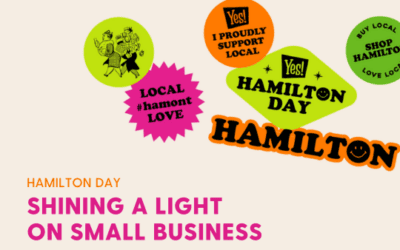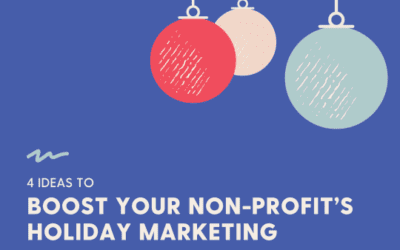CASL is the new Canadian Anti-Spam Legislation that took effect on July 1st, 2014. CASL specifies rules and legislation regarding SPAM and direct marketing. If you send out promotional e-mails, sms, and instant/private messages promoting your business while operating in Canada, then CASL applies to you.
In July 2017, the sections of the law that deal with the private right of action will come into force, and individuals & businesses can take legal action against offenders. Penalties for violation can go as high as $1 million for individuals, and $10 million for businesses.
It’s All About the SPAM
An astounding 60-70% of ALL email traffic is SPAM. SPAM is responsible for high traffic, malicious links/viruses, and phishing scams. Google has reported that “phishing” scams have approximately a 45% success rate.
What is a Phishing Scam?
Most people have gotten a phishing scam email and a high percentage have fallen for it. You will often receive an email that looks like it’s from a reputable source and resembles an email you would get from a company or service that you do business with on a regular basis. The link that they send you is also an exact copy of that service’s website, asking you to provide sensitive information or even asking you to log in. The major difference is that this sensitive information is sent to a “hacker”, who will now take control of your account.
Can I Use My Current Contact Lists?
Only if you have consent, either implied or express consent.
What is Implied Consent?
- The contact information is published in plain sight (website, trade magazine…)
- The information was given to you (business card, e-mail with address)
- Existing business relationship
- Existing non-business relationship (they are a member of your organization or have volunteered, given a donation, gift, etc.
- Implied consent expires after 2 years of the consent
If you aren’t sure whether you have implied consent, then better safe than sorry. If you bought the list, then throw it out. If you think you have someone’s permission, then send them a reminder that they are on the list, and ask for their express consent.
If your list was started before July 2017, then make sure it’s up to date, or you may want to get rid of it.
Ok Then… What Is Express Consent?
This person, either orally or in writing, agreed to receive a commercial electronic message. Pro top: this occurs when signing up on a website.
So, Can I Use my Mailing List or What?
If you have express consent already, then for sure!
If you have implied consent…then maybe. Implied consent can only last 2 years from the date of the implied implication to implicate their consent.
What CAN I Do?
If you have always made people manually subscribe to your list and are using a system to manage it, then all is good, move on, there’s nothing to see here. Keep it up!
What If I Don’t Do Those Things?
Well, then it gets trickier. The first thing you do is sign up for a newsletter service like MailChimp, Vertical Response, and Constant Contact. Then, go through your list and weed out anyone you haven’t talked to/been in direct contact with within the past 2 years.
Once you have your final curated list, send out an e-mail stating you are just ensuring compliance with CASL, that they are on your list from a past relationship and that you would like them to stay on that list. And always give them the opportunity to unsubscribe from the list.
Okay, I Have An Email Service. What Now?
USE IT!
Put a sign-up form on your website.
Never, ever delete your lists, or go back to an old list, because someone may have unsubscribed, and you MUST have a record of this. Sending to a person who has unsubscribed is in clear violation of CASL.
The onus is on the sender to ensure that the email list is correct and respects the receiver’s wishes to be either subscribed or not.
Email marketing is a very high-value tactic for any business! We just want to ensure that you’re armed with all of the information you need to do it safely.




